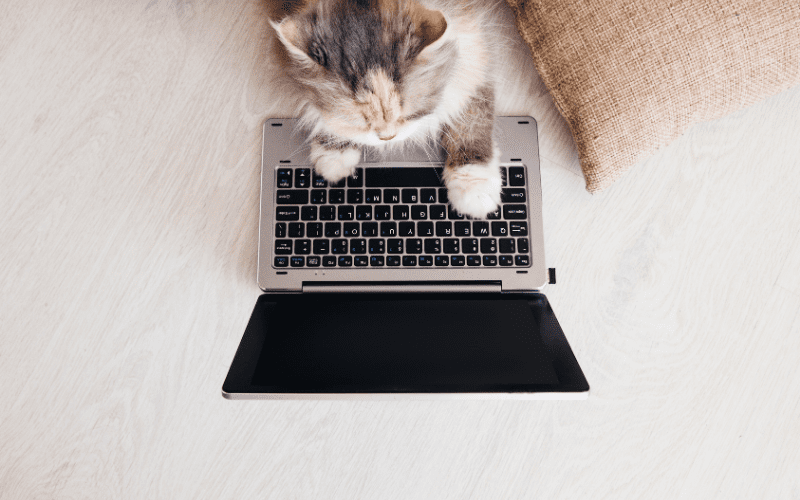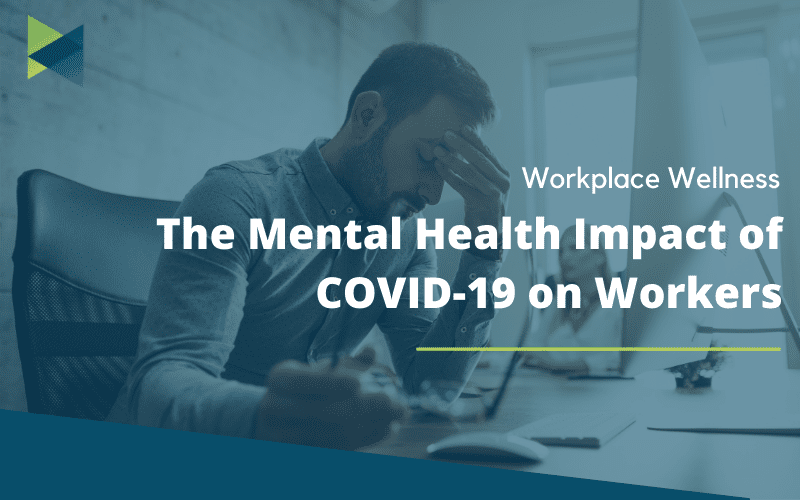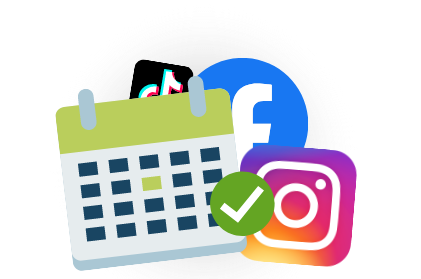Feeling a bit isolated? Lacking guidance and worrying about job safety? You’re not alone. COVID-19 is a crisis to physical health, but many are neglecting the lasting impact the pandemic will have on mental health. Many are now left asking, what impact will COVID-19 have on mental health?
The problem is, the affects of COVID-19 on mental health may be long lasting. We’re a social species, and spending long periods in isolation can affect us more than we might realise.
Even if you’re an introvert and staying in has been a blessing in some ways, you’re probably starting to miss seeing your family and friends, or even just the daily interaction with people when you’re performing everyday tasks, like doing the shopping.
There are plenty of scientific studies into the impact of touch in humans – it’s a bit soppy sure, but without hugs, handshakes and the like, we’re missing out some some vital social signals we crave.
But it’s not just social isolation that causes mental health issues in a pandemic, let’s review some of the key problems many workers will face:

Worries About Job and Economic Security
I’m sure we’re all aware that the COVID-19 pandemic will have a big effect on our economy. Many in the retail industry have already lost jobs and hours, and more big businesses are threatening closures without government support.
The good news is, very recently the chancellor has announced further support for businesses, designed to mitigate most of the risk of mass redundancies.
It can be extremely stressful for workers who don’t have a financial safety net at this time, especially if they rent and are no longer protected from eviction.
How Can We Combat This?
The best thing you can do in this situation to ease your worries, is to educate yourself on the current guidelines and support from the government. Head to the Work Support page on the government website, where you’ll be able to access information about financial support should the worst happen.
But overall, remember that the government has extended the furlough scheme and increased the help available for businesses who are struggling, so although COVID may be a challenge, it is survivable.
If you’re finding workplace worries are affecting your day-to-day mental health, consider practicing mindfulness and meditation, they’re not a solution to your problems, but they can help you gain a clear mind so you can deal with stresses and problems head on.

Less Positive Reinforcement
You might not realise how much you miss it until it’s gone, but if your role requires approval from other members of your team, you can quickly begin to doubt the proficiency of your work if you’re not able to see the physical reactions to it.
For example, if you’re pitching a new project over Zoom, it’s much harder to read the body language and general vibe over video. Without this subtle positive feedback, you can lose confidence and question yourself more.
Also, let’s not forget the impact of written language versus vocal language. Whilst many of your colleagues are perfectly eloquent in person, being able to convey emotion, direction and tone within written language is another skill entirely.
Just think, have you had an email in the past few months that you’ve read into too much? Perhaps you thought the person writing to you was mad at you, or they came off in a way which was passive aggressive. This absolutely may not be the case! Maybe they’re just not great at communicating over email.
We just don’t realise how many signals we receive throughout the day without words.
How Can We Combat This?
It may be a source of dread for many of us, but consider picking up the phone or having a one-to-one zoom call with your manager once a week, it will help you to clarify instructions, feedback and goals, so you’re sure of where you’re up to.
If your local area allows it, consider heading into the office every now and then for a socially distanced meeting – this may only be once a month, but it can give your team a change to catch up properly.

Potentially More Distractions When Working From Home
Some of us get more peace at home, but for others it can be worse than being in the office. Children, Pets, Parnters and the Post Man, they can all get in the way of your workflow.
There’s also the pains of having to supply your own resources and equipment – we’ve all felt the pain of trying to conduct a call but having a bad VOIP line due to our wi-fi.
Don’t even get us started on the lack of printers, free tea, meeting spaces and dual screens… Without the optimisations to productivity our workplaces provide, it’s easy to feel stressed.
How Can We Combat This?
We’ve seen plenty of workplaces over on Instagram putting together ‘work from home kits’ for their staff who need to be out of the office. They’ve started sending care packages once a month with plenty of office supplies, and upgrading equipment like laptops.
This isn’t possible for every workplace, but do discuss with your manager if you’re feeling under-resourced. You may be able to nip back into the office every now and then on a supply run!
As for noisy housemates, a quick google will bring up some great resources for distracting kids when they’re not in school. Try Engage’s List Of Kid’s Lockdown Activities. You could even make healthy snack packs to-go and keep them in the fridge too, so there’s no more ‘I’m hunggrrryyy!’.
As for everyone else, lay down the law – there are to be no distractions, but perhaps you could set ten minutes a day for a cup of tea with the family. Otherwise, create a space that’s dedicated to your work, even if it’s just a nook. Get some great noise cancelling headphones, and you’ll be on your way to a good thing.

Taking Work Home With You
For many of us, the main caveat when working from home is that work becomes part of your home life. If you work a busy, demanding role, then having work at home can become an unwelcome distraction.
For many of us, it can be too tempting to say ‘I’ll just log on for ten minutes and reply to some emails.’ or ‘I’ll just work one more hour and finish this task’ – Although I’m sure your boss will appriciate this great work ethic, if you repeatedly work overtime and never switch off, work can become a constant stress. As a human, you need downtime, and without it you might find relationships suffer, sleep is disrupted, and that you’re constantly on high alert.
How Can We Combat This?
You need to set strict walls between work and home. Have a time where you turn your computer off, and don’t link work emails to your personal phone.
Remember, although it might not feel like it, your team will survive without your constant replies, and that customer can absolutely wait until morning.
Of course, there are opportunities where a little overtime is a good thing – it’s satisfying to not have a project looming over your head! However, if your to-do list is constantly looming, maybe you’re plate is too full? Don’t be afraid to talk to your manager about how best to manage your time, and see if there’s anyone else who can help with less important tasks.
Workplaces are teams, and depend on everyone chipping in!

Worries About Childcare and Family
The rules surrounding quarantine are strict and those who flout them can face harsh punishments, such as hefty fines.
That leaves many of us stuck in a strange limbo, where we don’t want to break the rules, but are worried that there’s not enough support not to.
If your child is sent home from school and told to self isolate, that may mean you have been exposed to COVID too, and should quarantine. Not to mention, if you don’t have childcare, you may need to stay home from work anyway.
Some workplaces have the resources to accommodate this, but what if your workplace doesn’t?
How Can We Combat This?
Again, knowledge is power when it comes to keeping calm and carrying on. Make sure you understand what you need to do if you’re under quarantine. If you’re an employer or a manager, it’s a good idea to have a process in place, so workers know who to report to and what they should do next. It’s a lack of information that leads to stress and worry.
Government advice states that employers need to make reasonable adjustments for workers who are having childcare issues as a result of COVID-19. Workers may be able to be temporarily furloughed, or able to claim financial support for a small period, just until quarantine is over.
Don’t forget, if you need to temporarily sign on, you can claim an advanced payment if you need the money quicker to cover your bills.
COVID-19 stresses got you down? Why not recommend our Mental Health Awareness Course to your employer – now more than ever, employees need sympathetic support and our training could prove invaluable. Click the banner below to learn more, or give us a call on 01244 678 100.






